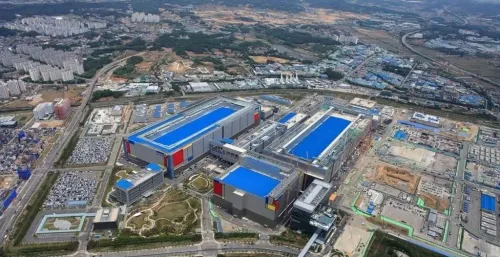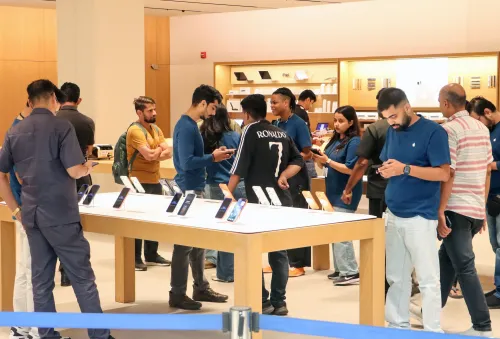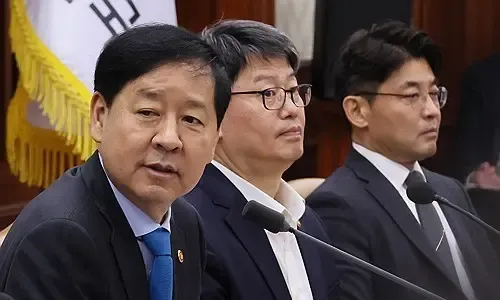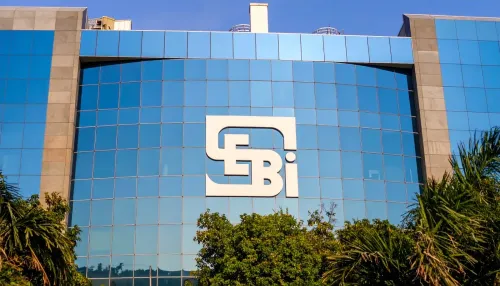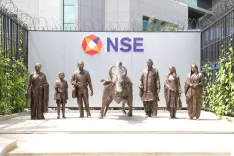How is India Addressing Ocean Resource Mapping at the Second Blue Talks?

Synopsis
Key Takeaways
- Significant focus on ocean resource mapping.
- Collaboration between nations emphasized.
- Government initiatives to align with sustainable development goals.
- Innovative solutions for blue economy challenges discussed.
- Importance of international cooperation highlighted.
New Delhi, May 21 (NationPress) India has effectively hosted the ‘Second Blue Talks’, which have opened avenues to enhance action and secure tangible commitments towards the conservation and sustainable utilization of the world's oceans, in direct alignment with the United Nations Ocean Conference 3 theme, as stated in an official announcement on Wednesday.
During the event, M. Ravichandran, Secretary of India’s Ministry of Earth Sciences (MoES), stated, “To genuinely realize SDG 14 and the objectives of the UN Ocean Decade, we must emphasize comprehensive ocean resource mapping, adopt state-of-the-art technologies, execute policy reforms, and invest in cultivating strong human capital for our marine future.”
SDG 14, titled "Life Below Water", is a United Nations Sustainable Development Goal aimed at conserving and sustainably utilizing the oceans, seas, and marine resources for enduring development.
This gathering marks a significant milestone leading to the 3rd United Nations Ocean Conference (UNOC3), scheduled to take place in Nice, France, from June 9 - 13.
The meeting, held in Delhi on Tuesday, was presided over by Dr. M. Ravichandran and co-chaired by H.E. Nestor Baltodano Vargas, Ambassador of Costa Rica to India, and Damien Syed, Deputy Head of Mission at the French Embassy.
H.E. Nestor Baltodano Vargas remarked, “This event will greatly enhance collaboration between our nations, propelling concrete actions towards SDG 14.”
During the event, MoES unveiled a white paper titled 'Transforming India’s Blue Economy: Investment, Innovation and Sustainable Growth' in collaboration with its strategic knowledge partner.
Building on the success of the inaugural Blue Talks held in February 2024, the second meeting brought together prominent scientists, policymakers, global stakeholders, and representatives from government, academia, industry, and civil society. The forum aimed to expedite action and secure tangible commitments towards the conservation and sustainable use of our oceans, directly resonating with the UNOC3 theme.
As the primary agency for implementing the Blue Economy in India, MoES is actively engaged in enhancing the visibility and efficacy of blue economy initiatives nationwide. This white paper strengthens these endeavors by offering a consolidated framework that aligns government actions, encourages cross-sectoral synergies, and promotes greater investment to tap into the vast potential of India’s ocean resources for sustainable economic development.
The report released at the event emphasizes the vital role of India's extensive marine resources, including its long coastline and Exclusive Economic Zone, as essential engines for national growth. It showcases collaborative efforts among 25 ministries, alongside initiatives from coastal states and union territories, in fostering sustainable growth across various ocean-related sectors.
The report builds upon India's commitments during its G20 Presidency and the Chennai High-Level Principles for a Sustainable and Resilient Blue Economy, further anchoring its significance within the Viksit Bharat vision for 2047.
While recognizing considerable sectoral advancements, the white paper stresses the necessity for a unified and coordinated strategy to address existing challenges. It identifies major barriers to growth, including limited data sharing, low private investment, and technology gaps, particularly in emerging fields like offshore wind and deep-sea exploration. It highlights practical interventions and scalable models from across India, such as women-led seaweed farming, smart port development, and green ship recycling, showcasing the potential to achieve both economic growth and environmental sustainability.
The core aim of the second Blue Talks was a dynamic stakeholder consultation session focused on four themes. The first theme is centered on conserving, sustainably managing, and restoring marine and coastal ecosystems. The second theme revolves around enhancing ocean-related scientific cooperation, knowledge building, marine technology, and education for improved ocean health.
The third theme emphasizes significantly reducing marine pollution from land-based activities and beyond, while the fourth theme seeks to leverage the interconnectedness of the ocean, climate, and biodiversity.
Damien Syed, Deputy Head of Mission at the French Embassy, further stated, “As India progresses with the ratification of the BBNJ Agreement, and with UNOC3 approaching this June, this is a pivotal moment to gather profound insights from India's leading ocean experts.”
This event facilitated in-depth discussions, fostering collaborative problem-solving and generating innovative solutions crucial for long-term ocean sustainability.

